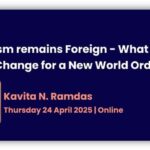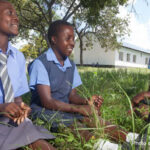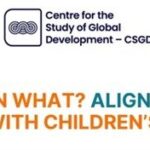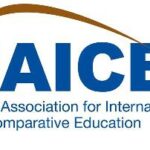Submission period for proposals: July 28th – October 10th (deadline extension), 2021, 11:59pm EST.
Please submit your proposal to the E-Cubed Research Fund in the language of your choice – English, Arabic, French, Spanish, or Portuguese.
For an introduction to the Research Fund, please view the recording and question transcript from the June 8th 2020 E-Cubed Q&A Webinar, here. For more information please see E-Cubed Assessment Criteria, Frequently Asked Questions, and Dubai Cares’ budget template and guidelines.
It is estimated that over 91% of students globally have had their education interrupted due to COVID-19. This global pandemic is having an unprecedented impact on education systems around the world and is exacerbating existing challenges related to education and learning. COVID-19 has highlighted the need for quality evidence to support emergency preparedness and response across education systems globally.
The 2021 call for E-Cubed proposals aims to generate and disseminate relevant and usable research that contributes to knowledge and practice in order to support education during crises and large-scale disruptions. To learn more about the type of proposals that are welcomed through E-Cubed, please see the analytics on E-Cubed proposals received between 2017-2020, the INEE COVID-19 Survey on Evidence Gaps, and the E-Cubed funded projects page.
Criteria for Funding
Dubai Cares and INEE have designated the following criteria for E-Cubed funding. These criteria exemplify the E-Cubed approach to strengthening the EiE evidence base.
Please see E-Cubed FAQs for specific information on these criteria.
- Proposal outlines “usable” research which contributes to the evidence base in EiE by identifying and responding to a gap in data or evidence.
- Research design, implementation, and dissemination is led by, and inclusive of voices of people and institutions within crisis-affected contexts.
- Research includes a clear dissemination strategy to produce a Global Public Good. *In its simplest form a Global Public Good is a resource that is freely available with no restriction in access.
Eligibility
- Academic Institutions
- Research Institutions
- Private and nonprofit organizations
- UN agencies
- Governmental agencies
- Private companies





